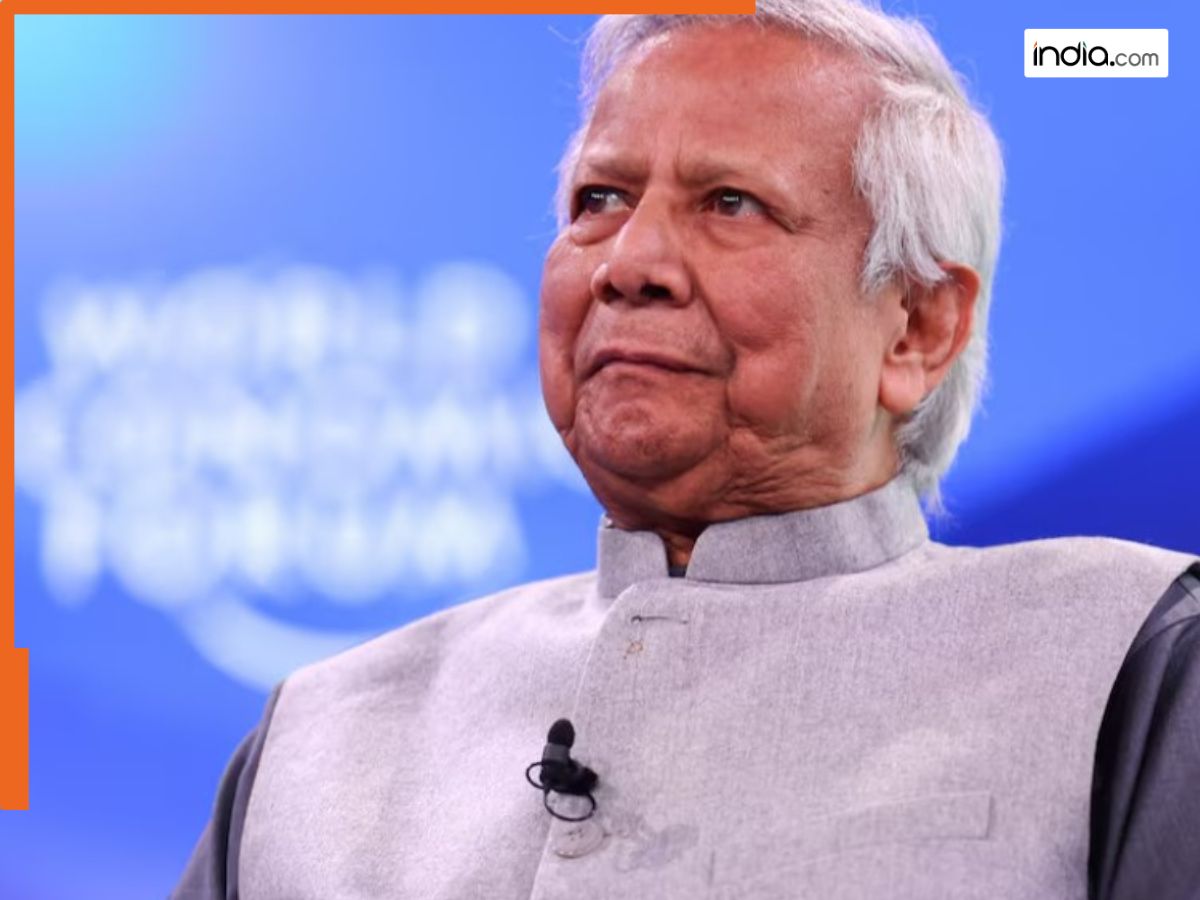India Imposes Restrictions on Bangladesh Imports
The move is expected to have far-reaching implications for both India and Bangladesh, with potential losses for Bangladeshi companies and a boost to the Indian textile industry. The restrictions have also raised questions about the future of trade relations between the two countries.

The Indian government has imposed restrictions on garment imports from Bangladesh through land routes, aiming to boost the local textile manufacturing industry and reduce the backdoor entry of Chinese fabrics into the Indian market.
This move is expected to generate over ₹1,000 crore in business for Indian companies, but may also lead to supply chain disruptions for some branded garments, potentially resulting in slight price increases. The restrictions will affect several Bangladeshi companies, including Pran-RFL Group, which exports around $60 million of goods annually to India.
The Bangladeshi government was not officially informed of the restrictions and is seeking clarification. The move has raised concerns about the impact on Bangladesh's export-reliant economy, with estimated losses of USD 770 million. The decision is seen as a reciprocal measure after Bangladesh banned yarn and rice imports from India through the same land routes last month.
The Directorate General of Foreign Trade (DGFT) has restricted the import of ready-made garments from Bangladesh to just two ports: Nhava Sheva and Kolkata Port. This move is expected to have a significant impact on the textile industry in Bangladesh, according to the Bangladesh Garment Manufacturers and Exporters Association.
The restrictions have also raised concerns about the impact on India-Bangladesh relations, with some seeing it as a stern economic step against Bangladesh. The move is also seen as part of India's efforts to counter terrorism and its breeding grounds, including in Bangladesh, and to reduce its dependence on Chinese fabrics.